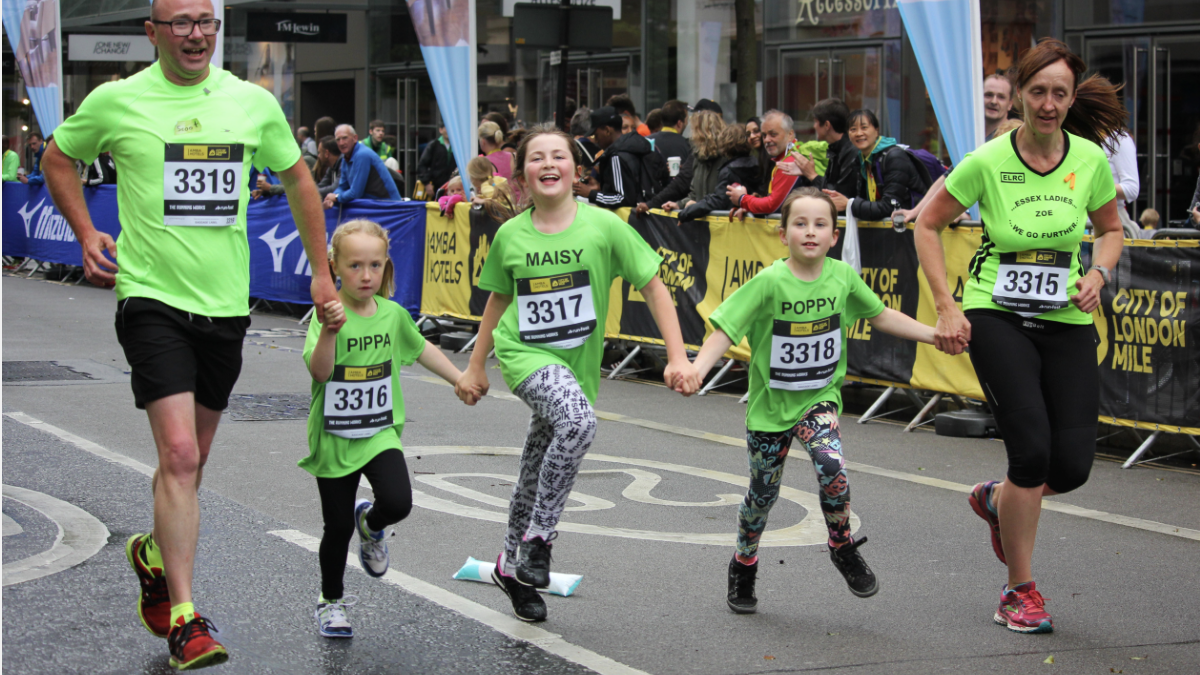
Gloria’s Gift Program Gives Advanced Care Planning for Free
April 23, 2019
First 5s to Budget for Life After Divorce
July 30, 2019We are a competitive bunch. In school, on the basketball court, even online as we compete for likes and pins. Competitions are about winning and losing and most of us hate to lose. This stems in part because we view ourselves as individuals, separate from each other and often in competition with each other. So when a co-worker is praised, we can feel it somehow takes something away from us. When a friend posts about business achievement, we might feel jealous. When a sibling’s child excels in school, we may feel envious.
Journalist Lia Diskin once reported on an anthropologist who lived with an African tribe. When a group of children from the tribe surrounded the researcher one day, he proposed a game. He drew a line in the sand and had the children line up. At his signal, they were told to run to a tree where he had placed a basket of candies and the first to arrive would win the treats. The kids lined up, excited and waiting for the signal. But when he shouted, “Go!”, instead of racing off in a competitive frenzy, the children held hands and ran together. When they arrived at the tree and claimed the basket, they shared the treats. The anthropologist asked them why they would do that when one of them could have had all the sweets. One young girl looked puzzled and replied, “How can one of us be happy if all the others are sad?”
“Ubuntu” is an African word loosely translated as “humanity.” It is a philosophy, a way of acting that prioritizes the wellbeing of a group above that of an individual. Ubuntu relies on human interdependence so that no one is left behind.
I think divorce challenges this philosophy. In a sense, divorce is a dismantling of interdependence and when we are hurt, we often want to demonize and distance ourselves from the one who has hurt us. While understandable and even adaptive initially, if children are involved, relationships aren’t severed, only changed, so as a long-term strategy, it doesn’t serve us well.

I recently attended a college graduation party for the daughter of a former client. I represented him in his divorce when his daughter was about four. Over the years I’ve attended some of her athletic competitions, a graduation party for high school and now college. I met her boyfriend and heard about her plans for employment and ate the feast her dad and stepmom prepared. At the same party was her mother’s father, her grandfather. I watched as her grandfather greeted and hugged her stepmother.
It doesn’t always happen, but it’s possible, even in a divorced family, for relationships to continue and flourish. It’s far less likely when couples and their extended families pursue divorce negotiations as a competition for more stuff, more money, more parenting time. If a divorce settlement is not approached as a competitive event but as a joint dilemma requiring skill and thoughtful consideration to achieve success for the entire family, then perhaps the whole family can share in the basket of treats. Perhaps, picturing one’s children racing for the bag of candy and picturing a family still joining hands and working together for the prize of a child’s sense of security and love would help. It’s possible. I’ve witnessed it.
Wishing you wisdom,






